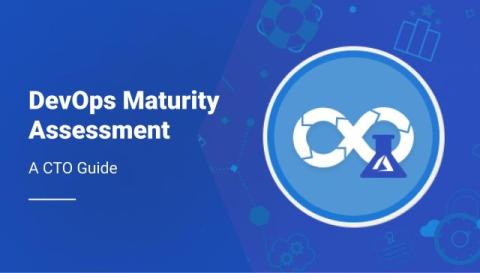Heroku to AWS Migration: Complete Guide for a Seamless Transition
Feeling overwhelmed by the complexities of migrating your application from Heroku to AWS? You're not alone. Many organizations face challenges like infrastructure management, scaling, and data transfer during this process. Migrating from a PaaS like Heroku to an IaaS like AWS provides many benefits including but not limited to more control, scalability, and cost efficiency. However, this migration comes with different challenges, especially the technical expertise required for a smooth migration.











